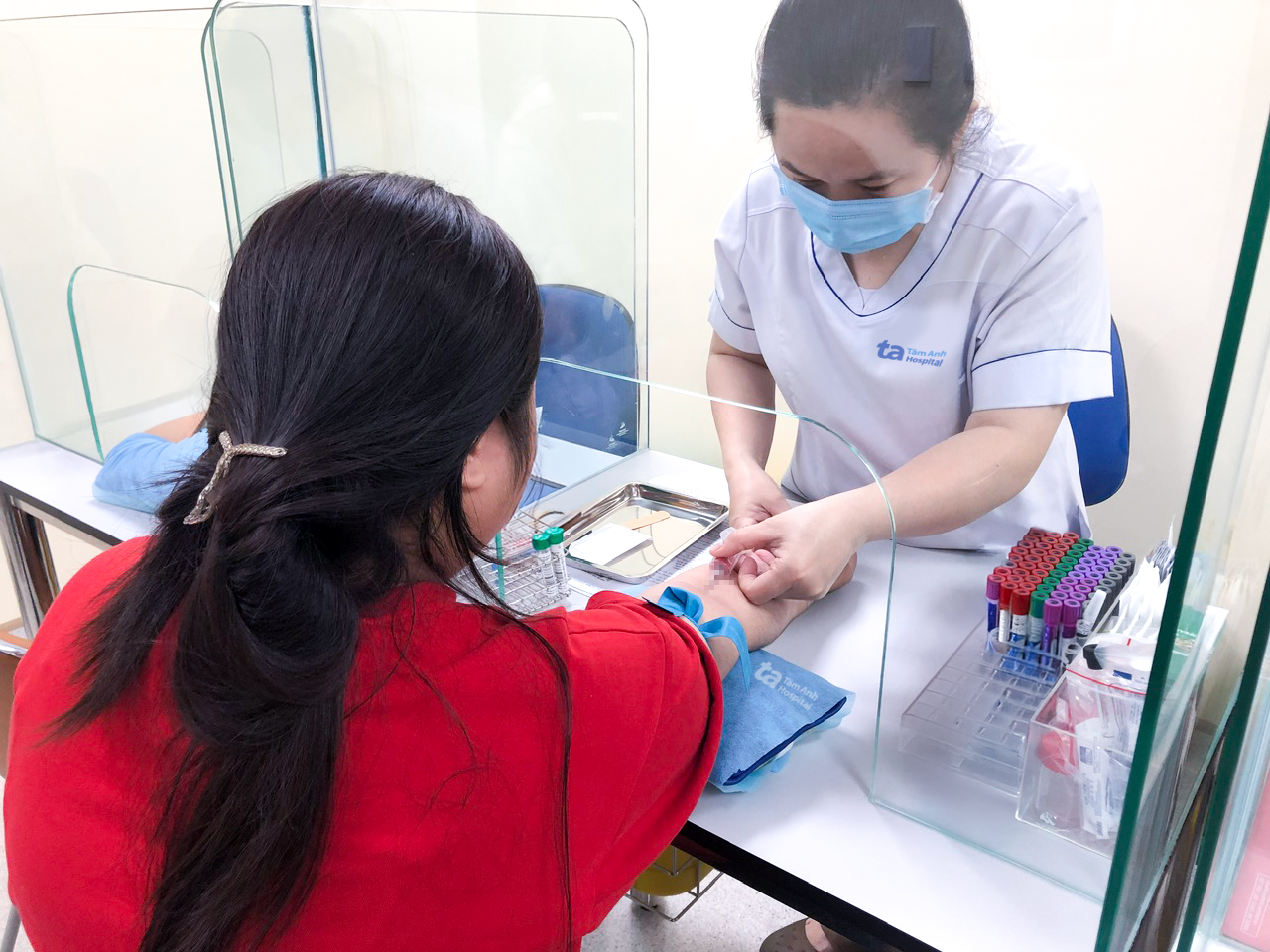Answer:
Being overweight or obese is a condition of abnormal or excessive fat accumulation that can negatively impact health. There are many causes, including genetics. However, genetic factors play only a minor role in the tendency to gain weight and become obese. Heredity is one risk factor among many, not the sole cause. Obesity tends to run in families because people living together often share similar eating habits and lifestyles.
Individuals with genetic syndromes or gene mutations like Prader-Willi, WAGR, SIM1 syndromes, and polygenic syndromes (Bardet-Biedl, Fragile X, Cohen, etc.) also have a higher risk of genetically influenced obesity. These syndromes and mutations cause abnormalities in the leptin signaling pathway, which triggers appetite. Many genes have been linked to obesity, including FTO, LEP, MC4R, INSIG2, and PCSK1. Each gene affects the body in different ways. Among these, FTO is the most strongly associated and is considered a primary driver of obesity.
 |
Blood test for genetic testing during the treatment of overweight and obesity. Illustration: Tam Anh General Hospital |
The following characteristics are signs of genetically influenced obesity and warrant consideration for genetic testing: early-onset obesity (before the age of 5); severe obesity with a BMI (body mass index) over 40 kg/m2 in adults, or a BMI over 3SD in children (standard deviation). A child's BMI exceeding three standard deviations above the average value (of the reference group of children) is a sign of severe obesity.
You should take your child for a medical examination. Depending on the individual case and symptoms, the doctor may or may not recommend genetic testing. Early genetic assessment can help doctors determine whether your child's obesity is treatable. Identifying genetic variants has a significant impact on the diagnosis and personalized treatment of overweight and obese individuals, thereby supporting effective weight loss.
MSc. MD. CKI Ha Thi Ngoc Bich
Center for Weight Control and Obesity Treatment
Tam Anh General Hospital
| Readers can submit questions about endocrine diseases here for doctors to answer. |












